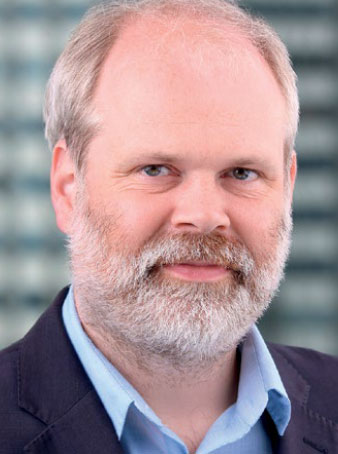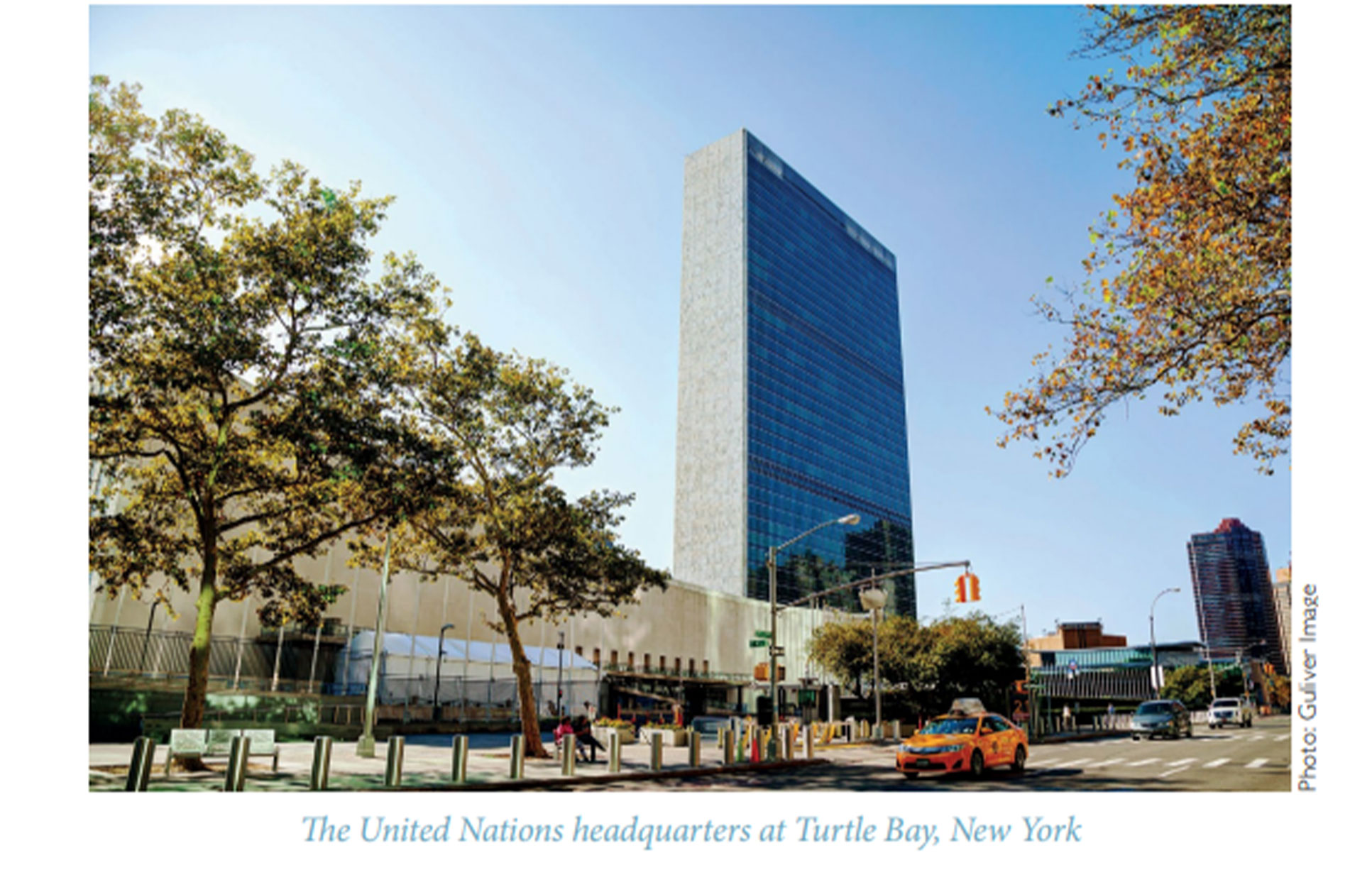 Richard Gowan is UN Director of the International Crisis Group and an Associate Senior Policy Fellow at the European Council on Foreign Relations. You may follow him on Twitter @RichardGowan1.
Richard Gowan is UN Director of the International Crisis Group and an Associate Senior Policy Fellow at the European Council on Foreign Relations. You may follow him on Twitter @RichardGowan1.
In December 2022, something unusual happened to me in Seoul, Korea. I was briefing a longstanding diplomatic contact about the impact of Russia’s war on Ukraine on the United Nations. After I praised some of the ways that UN officials were trying to handle the fall-out of the war, my contact chuckled: “You have become an optimist about the UN,” he smiled.

I have not often been accused of optimism about multilateral affairs. Having worked on UN affairs in New York since 2005, I have had the misfortune of watching the organization stumble unhappily through a worsening series of crises. The Security Council has struggled to deal with wars from Syria to Ethiopia. It has done little better dealing with challenges ranging from the 2021 coup in Myanmar to a recent surge of criminal violence in Haiti. UN peacekeepers are struggling to contain insurgents in countries such as Mali and the Democratic Republic of Congo.
Ithas been hard not to react to these trends with gloom. “If there is one thing that diplomats at the United Nations in New York can agree on,” I wrote in these pages five years ago, “it is that the Security Council is in an unholy mess. They simply cannot agree on who is to blame.”
For many observers, Russia’s full-scale invasion of Ukraine in February 2022 looked like a final nail in the UN’s coffin. The Security Council held a series of urgent meetings in the run-up to the offensive, but while Kenya’s ambassador warned that multilateralism was on its “deathbed,” Russian diplomats ignored other members’ calls for restraint. Once the invasion was underway, Moscow predictably used its veto to block any criticism of its aggression. This did not stop Ukraine’s allies using the forum as a platform to denounce Russia—the Council held roughly 50 meetings on Ukraine in 2022—but in so doing, they highlighted its innate impotence in a conflict involving one of its five permanent members. Speaking to the Council by video-link in April 2022, Ukrainian President Volodymyr Zelenskyy told the assembled diplomats that they should dissolve the body if it could not restrain Russia. The challenge stung badly.







